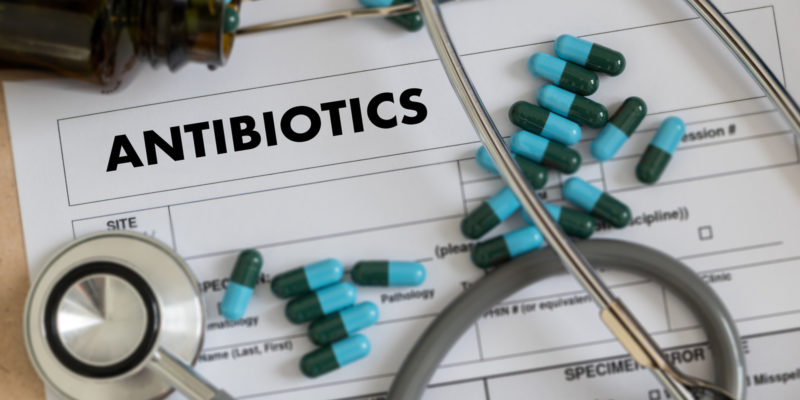You don’t have to work in pharma packing solutions to know about the strange relationship the world has with antibiotics, but this week, the Chief Medical Officer for England issued an even more stark warning. However this time it was not all about their overuse, but also concerning the fact that pharmaceutical companies are not making enough new antibiotics.
Penicillin is thought have saved 200 million lives since it’s invention, however, Dame Sally Davies’ prediction sees us return to a point where we have no antibiotics at our disposal thanks to antibiotic-resistant superbugs. Overuse and underdosing of antibiotics has long been a problem, however, the other side of the resistance issue is down to the fact that antibiotics don’t provide profit for pharmaceutical companies, and so are not prioritised in new drug development.
The resulting prophecy is dark – as many as 10 million deaths annually down to resistant infections with no antibiotics to treat them. Many experts believe that with the rate at which pathogens are growing increasingly resistant, we may already be in the ‘post-antibiotic’ era.
So, what is the solution to the problem? Most likely, the development of new antibiotics which can fight existing resistant infections, however, the way that antibiotics are produced and sold in the largest markets means that business stands in the way of this becoming a priority. Pharmaceutical companies are for-profit, while antibiotics are profit-poor. According to Ecnmy, the average cost of bringing a new drug to market is $1 billion, and in spite of any moral stance, companies who don’t make back that money risk closing their doors. For them, it’s a lose-lose scenario.
How, then can we create a world in which this isn’t the case? The reason that antibiotics are particularly so unprofitable is that governments largely regulate the cost of them. While allowing pharmaceutical companies to increase the price would increase profits, it would also take them out of reach of the poorest in society, which is why the government regulates in the first place.
Another issue for pharma’s profit column is that doctors are less prone to prescribe antibiotics, because of concerns about overuse stimulating resistant strains of pathogens. Again, the very nature of the drug causes problems for the financing of them. One position put forward is to charge healthcare a regular ‘subscription’ style access to antibiotics, which would increase profits and a regular stream of revenue without necessarily encouraging more use of the drugs.
Probably the most likely route, especially given the warning of an impending disaster of apocalyptic proportions, is that government become involved, if not take control, of antibiotic production. Able to take the losses that individual businesses cannot, the trade-off for future health of the populace may come at the expense of higher taxes and cutbacks to public spending elsewhere. The economic impact for those paying taxes may be higher, as well as seeing other elements of society suffer as a result of re-directed spending, but in order to safeguard future use of antibiotics to save lives, it will be a trade-off many will likely be happy to make.

